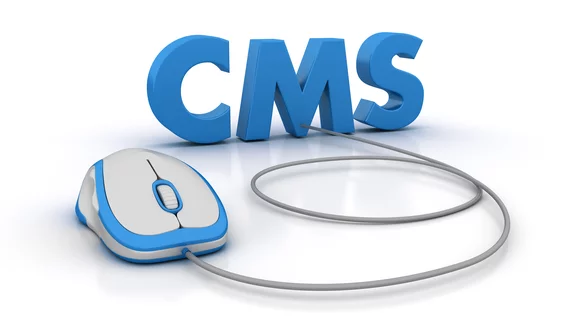Medicare’s Shared Savings Program (MSSP) saw its best financial performance in 2020, with 513 participating ACOs saving the CMS more than $4 billion gross and almost $2 billion net (after accounting for shared savings payments).
This marks the seventh consecutive year of increasing savings, and the 2020 savings were almost double those for 2019 ($2.6 billion gross and $1.2 billion net).
The National Association of ACOs (NAACOS) announced the figures Aug. 25 to coincide with CMS’s posting of this latest data.
NAACOS is also spotlighting the 2020 performance of the MSSP participants. The 513 organizations notched an average quality score of 97.8%, the group underscores, and some 60 ACOs earned a perfect 100.
In a news release sent by the association, NAACOS president and CEO Clif Gaus, ScD, suggests the 2020 data should push policymakers to “do all they can to grow the ACO model and extend the program’s benefits to more patients” than the 10.6 million seniors served through MSSP in 2020.
That figure represents the smallest beneficiary pool in three years, Gaus says. The slide “must be reversed,” he adds, “given continued debate about ways to improve our health system.”
MSSP participant organizations numbered 561 in 2018, the best year for that tally. Still, 2020’s 513 was a lift from 2019’s 487.
Other points NAACOS is publicizing from the CMS data:
- $390 in gross savings per beneficiary
- 345 out of 513, or 67%, of ACOs earned shared savings
- ACOs earned $2.3 billion in shared savings payments
- 75% of shared savings-only ACOs produced gross savings and 55% earned shared savings
- 97% of at-risk ACOS produced gross savings and 88% earned shared savings
NAACOS says it supports the Value in Health Care Act (H.R. 4587), expecting it would boost shared savings rates, create favorable risk adjustment and benchmarking policies, and allow ACOs to take at least three years before getting forced to take on risk.
“We and other leading healthcare organizations are pushing Congress to include the Value Act in the upcoming reconciliation bill,” NAACOS says.
More from the group:
During the pandemic-stricken year of 2020, ACOs were valuable assets in managing patient care. Given their accountability to long-term patient care and outcomes, ACOs were proactive in their outreach to high-risk patients to keep them healthy, quickly established telehealth and remote monitoring capabilities to continue to provide care, and effectively managed home visits and post-acute care to reduce COVID transmission.”

